IS007 - Advances in Iterative Solvers for Coupled Multiphysics and Multiscale Problems
Keywords: artificial intelligence and machine learning, biomedical applications, computational fluid dynamics, fluid-structure interaction, Immersed boundary method, machine learning, multi-physics, Multiscale, solvers
Coupled multiphysics and multiscale problems, involving interactions across various physical phenomena, present significant computational challenges due to their complexity, high dimensionality, and often ill-conditioned nature. Iterative solvers play a crucial role in addressing these challenges, providing scalable and efficient methods to solve large-scale problems in fields such as fluid-structure interaction, thermo-mechanical systems, electromagnetism, quantum mechanics, and bioengineering. This minisymposium aims to convene researchers and practitioners to discuss the latest advancements in iterative solvers tailored for coupled multiphysics problems.
Areas of interest include but are not limited to: the development of novel iterative algorithms that enhance convergence rates and robustness; innovative preconditioning techniques to improve solver performance for ill-conditioned systems; scalable solvers optimized for high-performance computing platforms, including GPU and distributed-memory architectures; and the integration of quantum computing strategies to potentially revolutionize solver capabilities and efficiency. The symposium will also cover the application of machine learning methods to accelerate iterative solver performance and explore practical implementations across various domains, including quantum multiphysics simulations, which are rapidly gaining prominence.
By fostering discussions on these topics, this mini-symposium aims to push the boundaries of iterative solver technology, encourage cross-disciplinary collaboration, and uncover new research and development opportunities in coupled multiphysics, and multiscale modeling. Attendees will gain insights into cutting-edge theoretical and computational advancements, enhancing their understanding of the evolving challenges and prospects in this dynamic area of scientific computing.

